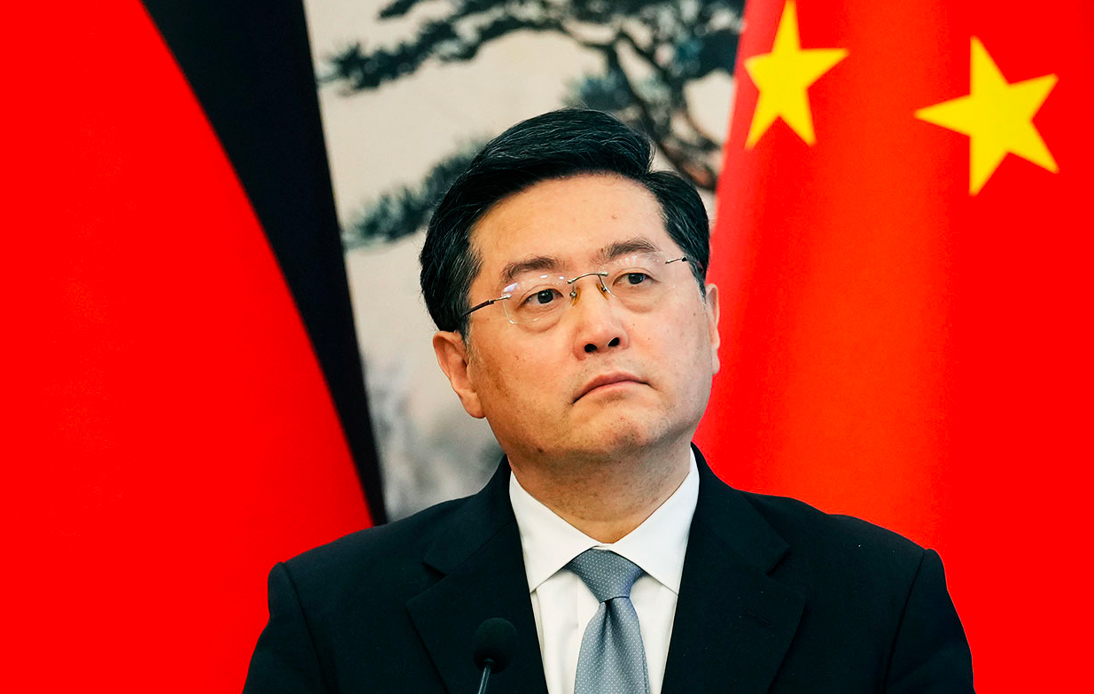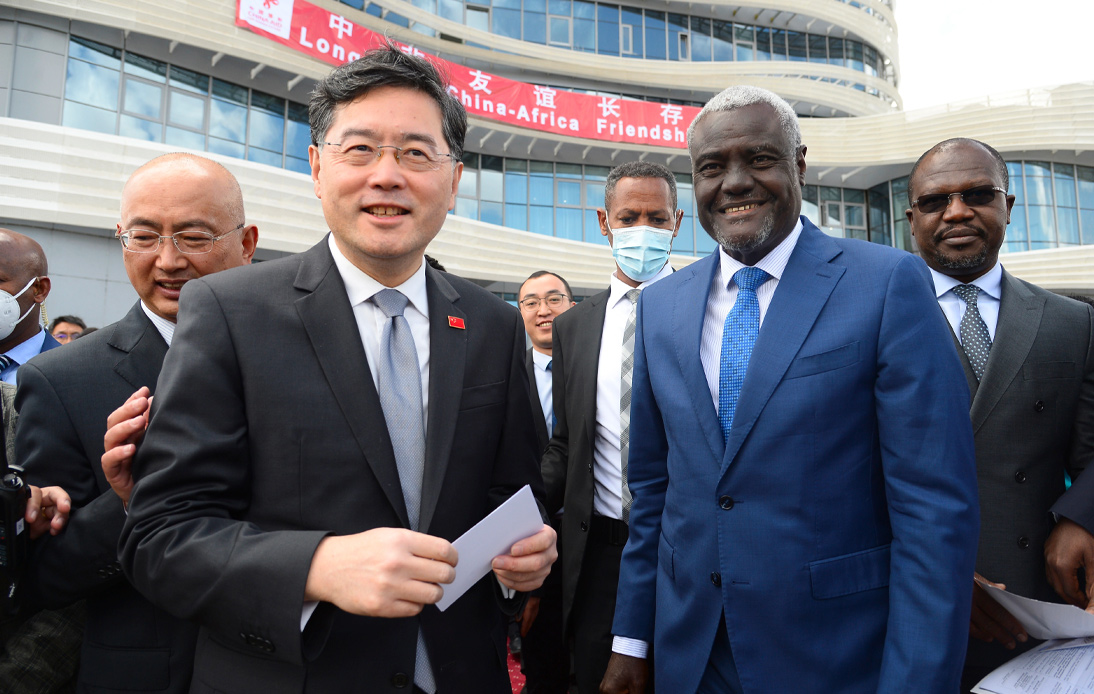
China reassigned Qin Gang from his position as foreign minister, a mere seven months after he was assigned.
A trusted ally of President Xi Jinping, Mr Qin is replaced by the experienced Wang Yi, the Communist Party’s chief for foreign affairs.
The continuous absence of Mr Qin from the public eye, coupled with the official lack of acknowledgment, has ignited rampant speculation.
The last recorded public engagements of the 57-year-old were on June 25, and his removal was not justified.
Last December, he was designated for his position by China’s leader. Just beyond a month back, he encountered the US Secretary of State Antony Blinken in Beijing, as both sides aimed to reinstate top-tier diplomatic interactions.
His departure settles weeks of uncertainty, yet leaves many questions unanswered.
“China’s top legislature voted to appoint Wang Yi as foreign minister,” announced the state news agency, Xinhua. “Qin Gang was removed from the post of foreign minister.”
The report suggested that the authorization for the shift was signed off by President Xi. The legislators also voted to appoint Pan Gongsheng, an economist, as China’s new Central Bank chief replacing the retiring Yi Gang, Xinhua further reported.
In the Chinese Communist Party system, foreign policy is shaped by a senior official, who subsequently instructs the foreign minister for its execution.
Wang Yi, a seasoned diplomat fluent in Japanese, is reverting to a role he maintained from 2013 to 2022. He has been filling in for Mr Qin and is currently in South Africa attending a Brics national security meeting.
Analysts interpret the appointment of 69-year-old Mr Wang as a step towards solidifying Chinese diplomacy.
Qin Gang, a prominent figure in the Chinese government, had his continued absence closely observed by diplomats, China analysts, and the Chinese people alike.
His sudden absence from routine duties and non-attendance at a summit in Indonesia was vaguely attributed to health issues.
However, the absence of further information from his department led to speculation that he was facing punishment for either political matters or an alleged affair.
His scheduled meeting with European Union foreign policy chief Josep Borrell, initially set for July 4, was postponed by China without justification, furthering fueling rumours.
When questioned about Mr Qin’s location on Tuesday prior to the announcement of his removal, a ministry spokesperson reiterated her previous statement of having no details, underscoring the secretive nature and lack of transparency in China’s governmental system.
Mr Qin is among the highest-ranking officials in the Chinese Communist Party to have been absent for such a duration.
However, it is not unusual for notable figures in China to withdraw from public sight for extended periods, only to re-emerge later as the focus of a criminal inquiry. Alternatively, they could reappear without any explanation.
Before rising to power as China’s leader in 2012, Xi Jinping himself disappeared for two weeks, inciting speculation about his health and potential intra-party power conflicts.
Mr Qin’s rise to the role of foreign minister was incredibly swift. He is among the youngest to have been appointed to the position in China’s history.
Following a less than two-year time as ambassador to the US, where he was recognized as a staunch diplomat, he was nominated as foreign minister last December.
Previously, he had been a spokesman for the foreign ministry and had coordinated Mr Xi’s international tours – allowing him to work intimately with China’s leader.
Qin Gang’s predicament has generated considerable interest in China. The nation’s largest search engine, Baidu, has witnessed a recent surge in searches for his name.
Rumours about such a high-ranking official being freely discussed on the Chinese internet, without total censorship, are unusual, according to observers.





















